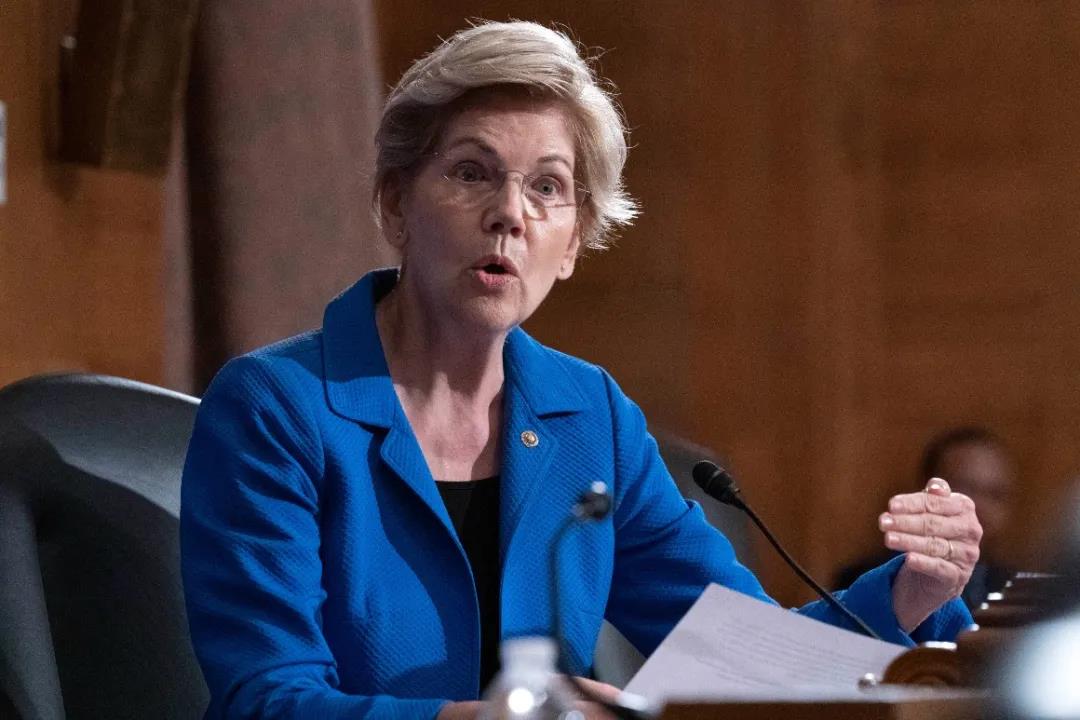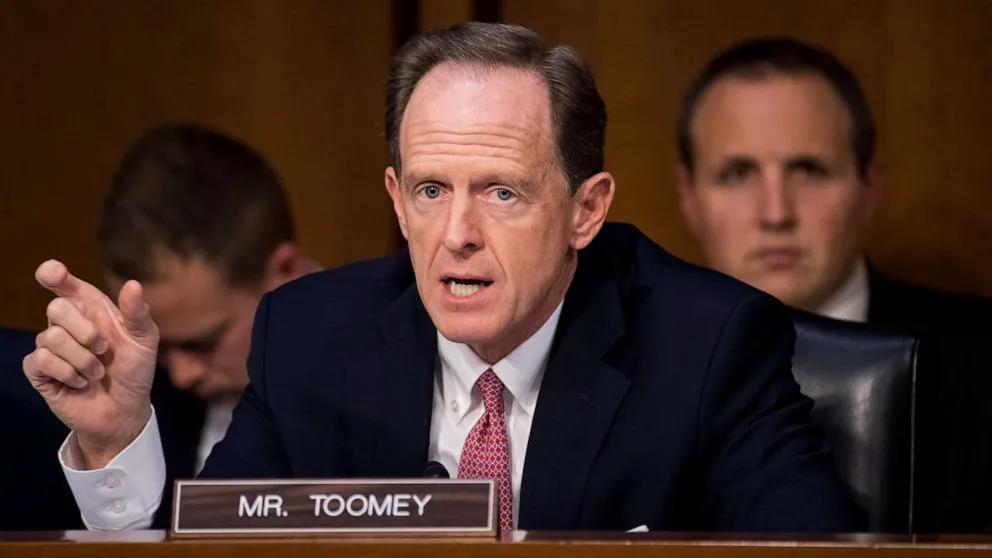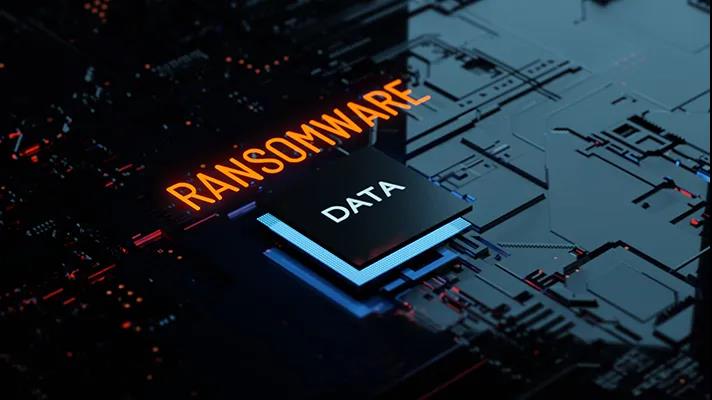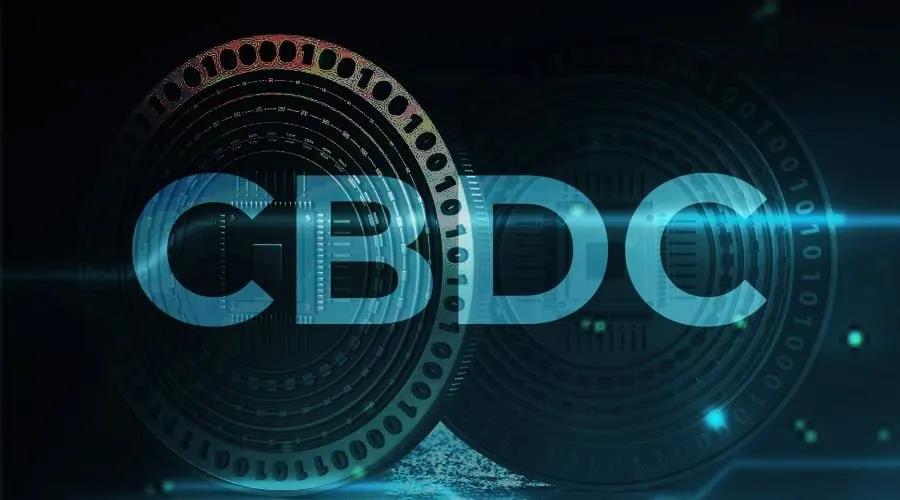Original title: "One article sorts out the three major hearings of the U.S. Congress today, cryptocurrency regulation is imminent", author Amy Liu
Today, the U.S. Congress held three simultaneous hearings around cryptocurrencies to discuss different uses of cryptocurrencies.

The Senate Judiciary Committee held hearings on ransomware, the Senate Banking Committee on cryptocurrency uses, and the House Financial Services Committee on central bank digital currencies. We saw three simultaneous hearings on different aspects of the crypto industry, which shows just how seriously Congress is taking this area.
During a Senate Banking Committee hearing, Sen. Elizabeth Warren (D-MA) sounded a warning about the potential dangers of blockchain technology.
The hearing was titled “Cryptocurrencies: What Are They For?”, and Warren commented: “All the warning signs [in the crypto market] are flashing, and the hype, the volatility, the craziness have all been proven wrong. As the crypto market developments, the risks to our financial stability and our economy have also increased.”

Warren believes that encryption is not absolutely decentralized or disintermediated, most of the wealth is still concentrated, and the largest companies and mining pools have ways to control this system. I don’t think it’s a good thing to have the financial system in the grip of some shadowy, faceless group of super programmers and miners.”
Warren and other senators have also lashed out at some of the rhetoric surrounding cryptocurrencies, dismissing promises of greater financial inclusion as false advertising by companies. Sen. Sherrod Brown (D-OH) called it "false populist" marketing.
Democratic Senator Sherrod Brown (D-Ohio) of Ohio said at a Senate ransomware hearing that the development of cryptocurrencies could endanger American consumers and financial stability, and portrayed the crypto industry as a fraudulent, accountability-avoiding figure The slot machine, which can make its creator rich but destroy others.

“A shady diffuse network of web tokens without any democracy or transparency,” he said. Brown called for "smart regulations" to protect consumers from cryptocurrency "blackmailers" and their "false populist marketing."
Members of the House of Representatives debated a central bank digital currency (CBDC), while senators battled over a wave of ransomware. It's a sign of the growing influence of cryptocurrencies in monetary policy and cybercrime.
Democrats on the banking committee said such influence should be suppressed. Republicans, led by Senator Pat Toomey, who invests in cryptocurrencies, are a little more cautious. Toomey acknowledged that "concerns about cryptocurrencies are legitimate," but demonstrated the benefits of blockchain technology.

Angela Walch, a professor at St. Mary’s College of Law in San Antonio, described cryptocurrencies as an unregulated time bomb that would wreak havoc on traditional financial payment systems.
Democratic Sen. Tina Smith of Minnesota said that most decentralized finance (DeFi) derivatives instruments violate U.S. commodity laws, a view echoed by Commodity Futures Trading Commission (CFTC) Commissioner Dan Berkovitz. Smith dismissed the argument that cryptocurrencies can be green, pointing to Bitcoin's massive carbon footprint.
During a Senate Judiciary Committee hearing on preventing and responding to ransomware attacks, the U.S. senator joined some representatives of federal agencies to address the role of cryptocurrencies in ransomware attacks.
In his opening remarks, Chuck Grassley (R-IA) said that cryptocurrencies are difficult to trace.

Richard Downing of the U.S. Department of Justice claims that privacy coins and the Tor network make it difficult to identify cybercriminals:
"Many of these crimes involve anonymization technologies, such as the Tor network and anonymity-enhancing cryptocurrencies, which make it difficult to identify perpetrators."
He later added that cryptocurrencies have contributed to the rise in crime. In addition, strengthening the authority of the US Department of Justice to track cryptocurrencies is also "under consideration."
Jeremy Sheridan of the U.S. Secret Service said that cryptocurrencies have contributed to the growing illicit profitability of ransomware attacks, but have also made it easier to track ransomware payments because they have on-chain traceability.

During the US House of Representatives Subcommittee on National Security, International Development and Monetary Policy Hearing on the Promise and Dangers of a Central Bank Digital Currency (CBDC), US Lawmakers Expressed Concerns About Slow Progress on a Digital Dollar, Senators Asked about US Delays Exactly how dangerous a digital dollar is, and which elements of the project would benefit from public action or private sector solutions.
Rep. Jim Himes (D-CT) and Andy Barr (R-KY) both opened their remarks with concerns about “inaction,” with Himes concerned that the U.S. will lose its “capacity to lead and innovate” in the CBDC space if it delays.
text
Image source: Internet
Author: Amy Liu
This article is from Bitpush.News, reproduced with authorization.